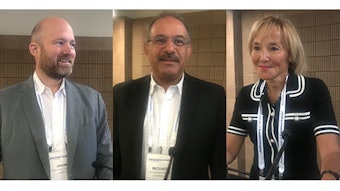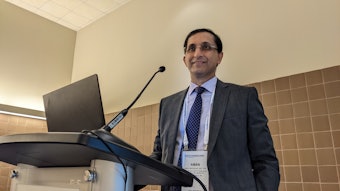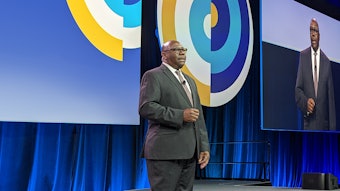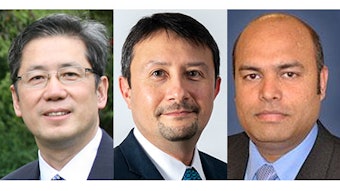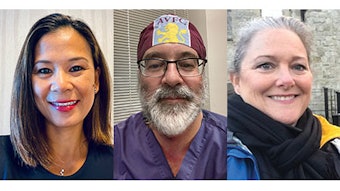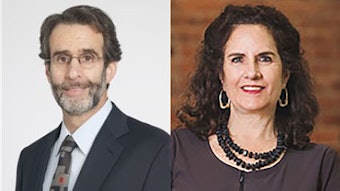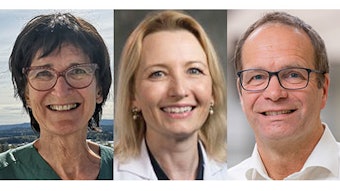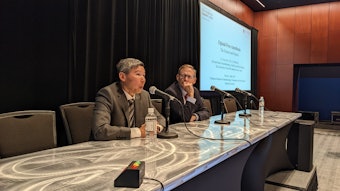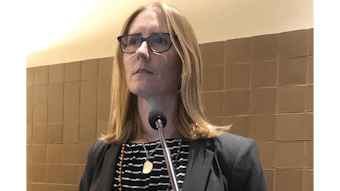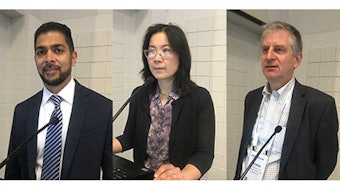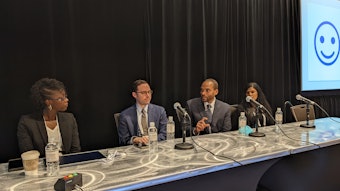2022 FAER-Helrich Lecture focused on the importance of patient perspectives
Shared decision-making replaces traditional approach
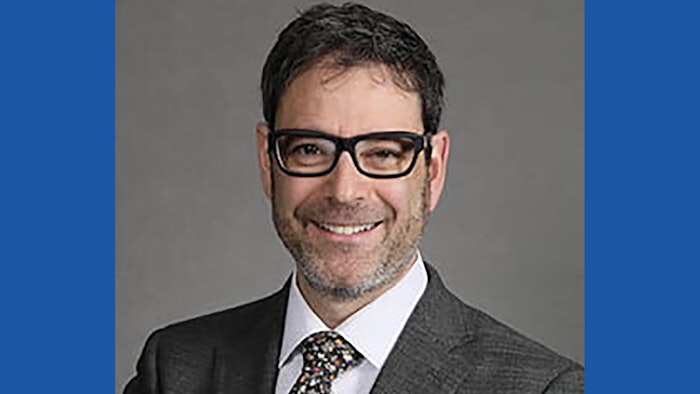
According to 2022’s FAER-Helrich Research Lecturer, over time, anesthesiologists have become accustomed to making many consequential decisions regarding perioperative management for patients rather than with patients. The reality is that anesthesiologists do not always know what is best for the patient based on the patient’s own priorities, preferences, and values.
“Fortunately, there has been a seismic shift in health care recently,” said Michael S. Avidan, MBBCh, FCA SA, who is the Seymour and Rose T. Brown Professor and Chair of Anesthesiology at Washington University School of Medicine in St. Louis, Missouri. “Patient-centeredness and shared decision-making are replacing traditional prescriptive and disempowering approaches. We assume what is most important and concerning to our patients. But we are often mistaken in our assumptions and our judgments because they are based on our knowledge and values, not those of our patients. It is time to put the patient back into the center of decision-making and health care priorities.”
Dr. Avidan focused on several important patient-centered research studies in the 2022 FAER-Helrich Lecture: "The Central Importance of Patient Centeredness in Perioperative Research." A shift to patient-centeredness and shared decision-making has the potential to transform perioperative medicine and to help redefine the research priorities for anesthesiology clinician scientists, he said.
“We may recognize, based on blood biomarkers, that the patient has some degree of damage to the heart or the kidneys after surgery, but if it’s not something the patient notices or is aware of, it doesn’t really matter to them,” Dr. Avidan continued. “But if, following surgery, they experienced diminished quality of life or inability to function normally, this would likely be devastating and very distressing.”
Shared decision-making includes a frank discussion of risks, he continued. The goal is to empower patients to make the best possible decisions for themselves, from their perspective, as opposed to the anesthesiologist’s perspective or the surgeon’s perspective. Every surgery, every anesthetic, entails some degree of uncertainty and risk, and every patient has a different tolerance for risk.
“The goal is to help patients understand the risks, to say if this happens, I can accept the risk but if that happens, I’m not happy to take that risk,” Dr. Avidan said. “Anesthesia is not a cookie-cutter solution. It is much more individualized like the rest of precision medicine. Every perioperative plan involves the individual patient’s values and preferences. That is a clear challenge to the established paradigm in anesthesia and a challenge we all should think about.”
Visit Annual Meeting Daily News for more articles.
